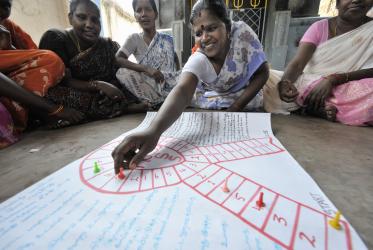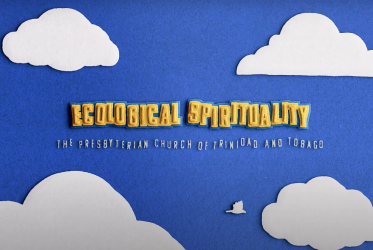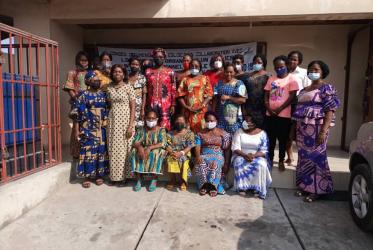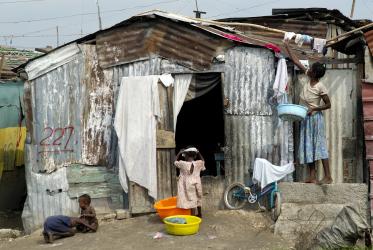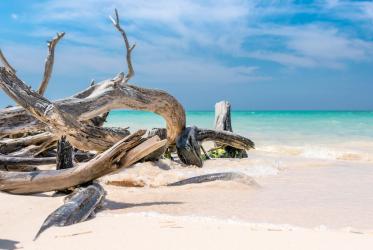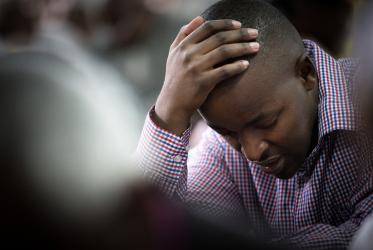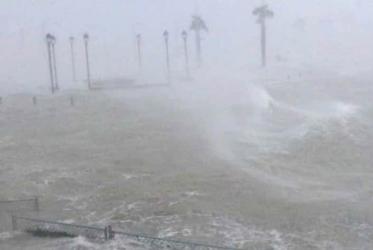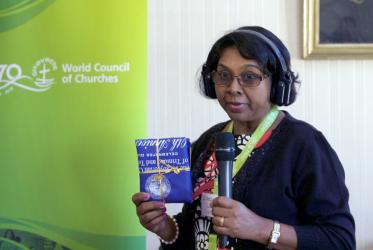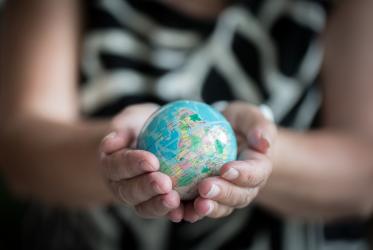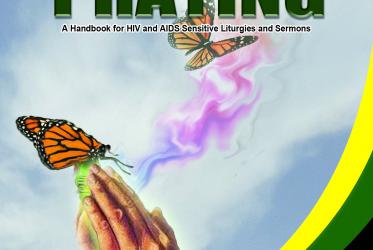Displaying 1 - 20 of 20
WCC prays for Caribbean region in wake of strong earthquake
31 January 2020
Is God present - even amid hurricane’s wrath?
07 September 2019
Trinidad and Tobago church challenges plastic pollution
09 October 2018
Seven weeks of Lent highlight water justice in Latin America
12 February 2018
Applications open for WCC Eco-School
10 May 2017
Youth engagement fundamental to HIV response
18 April 2017
“Jamaica Praying” – a manual for HIV and AIDS has been launched
23 February 2015


